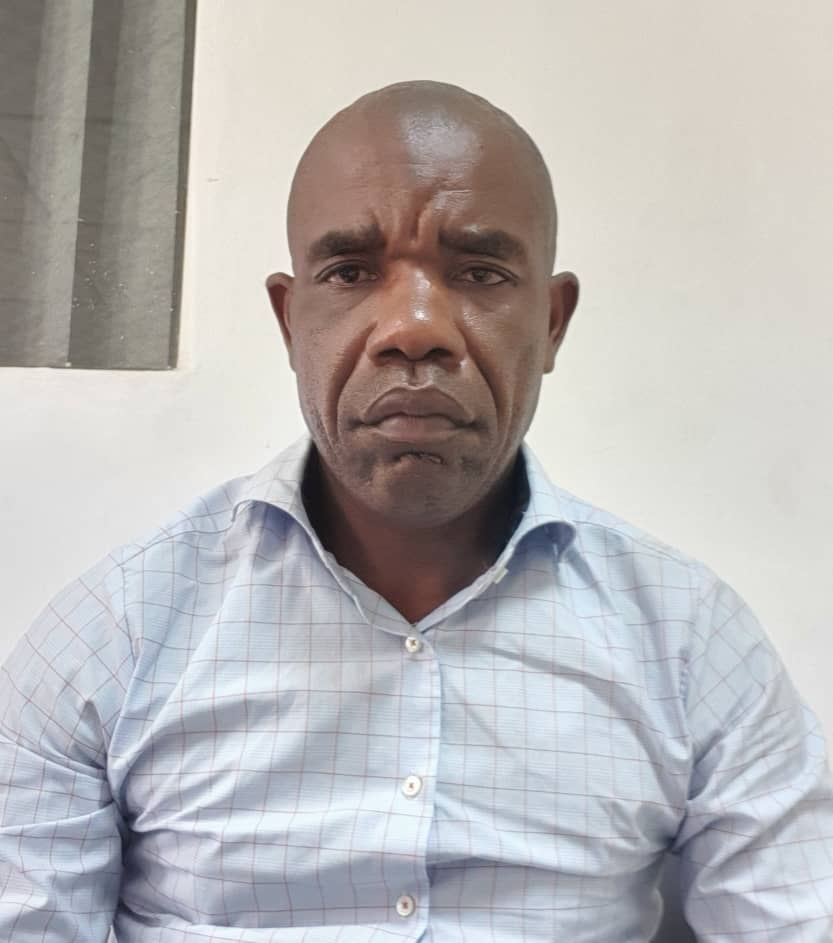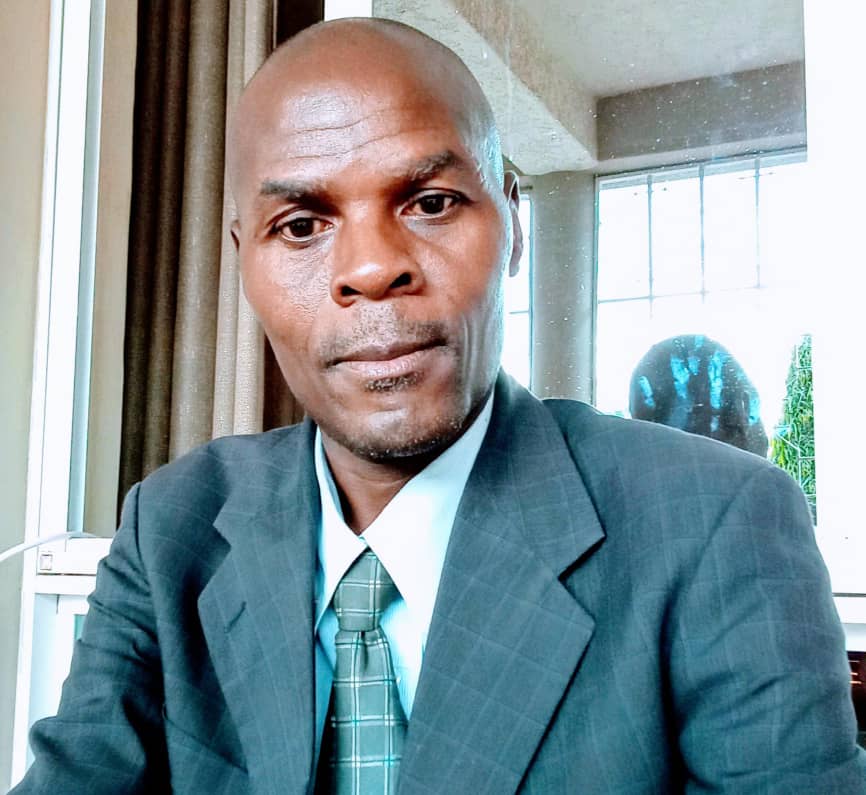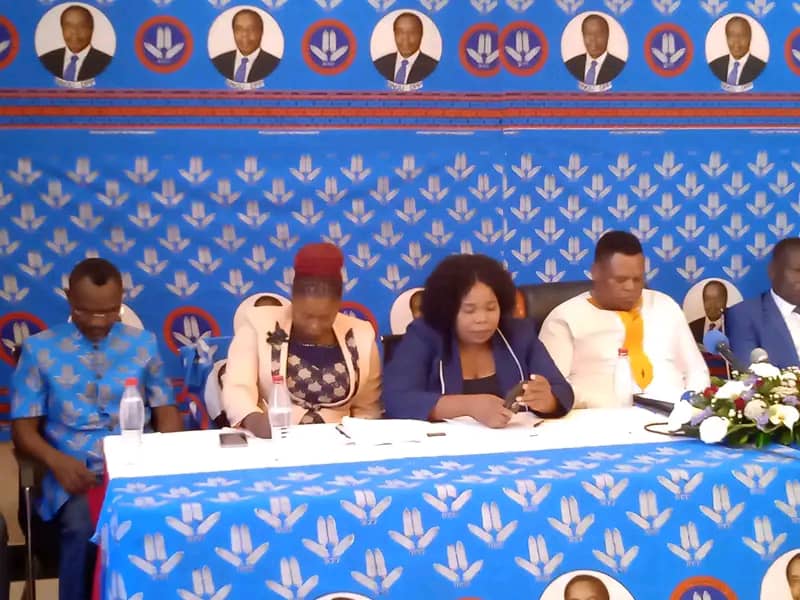
By Suleman Chitera, Malawi Freedom Network
Malawi’s ongoing fuel crisis has become a pressing issue that threatens the stability of the nation’s economy. President Lazarus Chakwera’s upcoming visit to the United Arab Emirates (UAE) to explore a government-to-government (G-to-G) fuel procurement arrangement presents a potential solution to this crisis. In this interview, political analyst Burnett Munthali shares his perspectives on the visit and its implications for Malawi’s fuel security, economy, and international relations.
1) Suleman Chitera: President Chakwera is scheduled to visit the UAE to discuss a government-to-government fuel procurement arrangement. What is your perspective on this visit, and do you think it’s a strategic move to address Malawi’s ongoing fuel crisis?
Burnett Munthali: This visit is strategically important for Malawi, especially considering the ongoing fuel crisis. Securing a G-to-G deal with the UAE could provide a more stable and reliable source of fuel. This direct arrangement allows Malawi to bypass the traditional market systems, which have been unpredictable due to foreign exchange challenges and fluctuating fuel prices. By negotiating directly with the UAE, Malawi could secure better payment terms and more reliable fuel supplies, which are crucial for addressing the fuel shortages and stabilizing the economy.
2) Suleman Chitera: President Chakwera has mentioned that Malawi struggles with securing adequate foreign exchange to import fuel. How do you believe the proposed G-to-G arrangement will improve the country’s fuel security?
Burnett Munthali: The G-to-G arrangement offers a more predictable and stable supply of fuel, which could significantly improve Malawi’s fuel security. Direct negotiations with the UAE would help secure long-term contracts with more favorable terms, potentially easing the financial pressure on institutions like the National Oil Company of Malawi (NOCMA) and Petroleum Importers Limited (PIL). This arrangement could minimize the fluctuations and uncertainties that often plague the open market, reducing the frequency of fuel shortages and providing a more reliable supply for the country.
3) Suleman Chitera: Transitioning from the Open Tender System to a G-to-G arrangement is a big change for Malawi’s fuel procurement. What are the benefits and risks of this shift?
Burnett Munthali: The shift to a G-to-G arrangement could bring several benefits. It would likely ensure a more reliable fuel supply, better payment terms, and protection from market volatility. However, there are significant risks involved. The biggest concern is the potential over-reliance on a single supplier. If there are changes in the UAE’s political or economic circumstances, it could disrupt Malawi’s fuel supply. Additionally, such agreements require transparency and accountability to ensure that the arrangement serves the country’s interests without giving room for corruption or inefficiencies.
4) Suleman Chitera: Given Malawi’s struggle to generate sufficient foreign exchange, do you believe that a G-to-G deal with the UAE could help stabilize the economy?
Burnett Munthali: Yes, securing a G-to-G deal could have significant positive effects on Malawi’s economy. Fuel is a key input for nearly every sector in Malawi, from transportation to agriculture. By stabilizing fuel supply and prices, Malawi could reduce the inflationary pressure that fuel price hikes cause across the economy. A more predictable fuel supply would allow businesses to plan better, reduce operational costs, and ease the strain on foreign exchange reserves, which are often used to secure fuel imports.
5) Suleman Chitera: What does President Chakwera’s pursuit of this arrangement with the UAE mean for his administration’s political strategy?
Burnett Munthali: Politically, this move demonstrates that President Chakwera is committed to solving Malawi’s pressing issues, including the fuel crisis. It portrays a proactive leadership style, which aims to secure the country’s energy needs and respond to the challenges faced by Malawians. Strengthening ties with the UAE could also open doors for further diplomatic and economic collaboration, potentially benefiting Malawi in sectors like infrastructure, trade, and investment. In the long term, this could enhance Malawi’s international standing and strengthen its position on the global stage.
6) Suleman Chitera: What impact do you foresee this shift having on local fuel suppliers and distributors?
Burnett Munthali: In the short term, local fuel suppliers may benefit from a more consistent fuel supply, reducing the shortages and price fluctuations that have characterized recent years. However, over time, the centralization of fuel procurement through a G-to-G deal could pose challenges for smaller distributors who may find it difficult to compete with larger, government-backed players. This could lead to market consolidation, where only a few suppliers dominate the market, potentially stifling competition and raising concerns about pricing and market access.
7) Suleman Chitera: Given the ongoing fuel shortages, how do you think the Malawian public will respond to these efforts to resolve the crisis?
Burnett Munthali: The public’s patience is running thin due to the prolonged fuel shortages. While many Malawians will appreciate the government’s efforts to secure a long-term solution, tangible results will be key to restoring public trust. If the G-to-G deal leads to more stable fuel prices and fewer disruptions, the government could regain credibility. However, if the effects take too long to materialize or further disruptions occur, public frustration will only grow. The government must act swiftly and ensure that these efforts translate into visible improvements in fuel availability and affordability.
8) Suleman Chitera: How do you assess the UAE’s willingness to engage in a G-to-G arrangement with Malawi?
Burnett Munthali: The UAE’s willingness to engage with Malawi in this arrangement reflects the growing diplomatic and economic ties between the two countries. It signals that Malawi is increasingly seen as a partner of value in the global energy sector. However, it is important that Malawi maintains balanced relationships with other key fuel suppliers to avoid becoming overly reliant on a single source. Strengthening ties with the UAE could also open up other avenues for collaboration, such as trade, infrastructure development, and investment in other sectors.
9) Suleman Chitera: The concept of G-to-G agreements is becoming more popular in Africa. How does Malawi’s move compare with other countries, and are there lessons to be learned?
Burnett Munthali: G-to-G agreements are gaining traction in Africa as countries look to secure reliable sources of energy and other essential goods. Malawi’s decision aligns with this broader trend, and there are valuable lessons to be learned from countries like Zambia and Uganda, which have successfully negotiated similar deals. For Malawi, the key will be to ensure that these agreements are transparent and that they include provisions for fair terms, accountability, and long-term sustainability. Transparency in the negotiations will be vital to prevent misuse of these arrangements.
10) Suleman Chitera: What can Malawians expect in terms of fuel availability and pricing over the next year?
Burnett Munthali: In the short term, we can expect improvements in fuel availability as the G-to-G agreements begin to take effect. However, fuel pricing may take longer to stabilize, as global market conditions and the specifics of the G-to-G terms will influence costs. Over time, this arrangement could lead to greater fuel security and more stable pricing, but it will require effective implementation and oversight. Long-term energy diversification should also be part of the government’s strategy to ensure sustainable energy solutions for Malawi.
11) Suleman Chitera: Has the Chakwera administration managed the fuel crisis effectively so far? What further steps should be taken?
Burnett Munthali: The administration has made efforts to manage the crisis, such as securing a revolving credit facility to ease short-term fuel shortages. However, more systemic changes are needed to prevent future crises. The government should focus on diversifying energy sources, strengthening the fuel supply chain, and continuing partnerships like the one with the UAE. Transparency in procurement processes is also essential to avoid corruption and inefficiencies in the fuel sector.
12) Suleman Chitera: How important is President Chakwera’s visit to the UAE for securing long-term fuel solutions for Malawi?
Burnett Munthali: President Chakwera’s visit is a crucial step in securing long-term fuel solutions. If the G-to-G arrangement succeeds, it could stabilize fuel supply and pricing, bringing significant benefits to Malawi’s economy. However, the real challenge will lie in how the government implements the deal and ensures transparency and efficiency in its execution. The visit is a critical opportunity for Malawi, but its long-term success will depend on how effectively the government manages the process and explores other energy diversification strategies.
End of Interview .

Burnett Munthali is a seasoned political analyst and writer known for his insightful commentary on Malawian politics, economics, and social issues. He is particularly recognized for his analyses of political dynamics, governance, and legal matters in Malawi. With contributions to various publications, Munthali provides in-depth perspectives on critical national issues, such as electoral processes, political violence, and economic challenges. His expertise extends to the role of international relations in shaping Malawi’s political landscape, and he is actively involved in discussions on public policy and governance reform.





